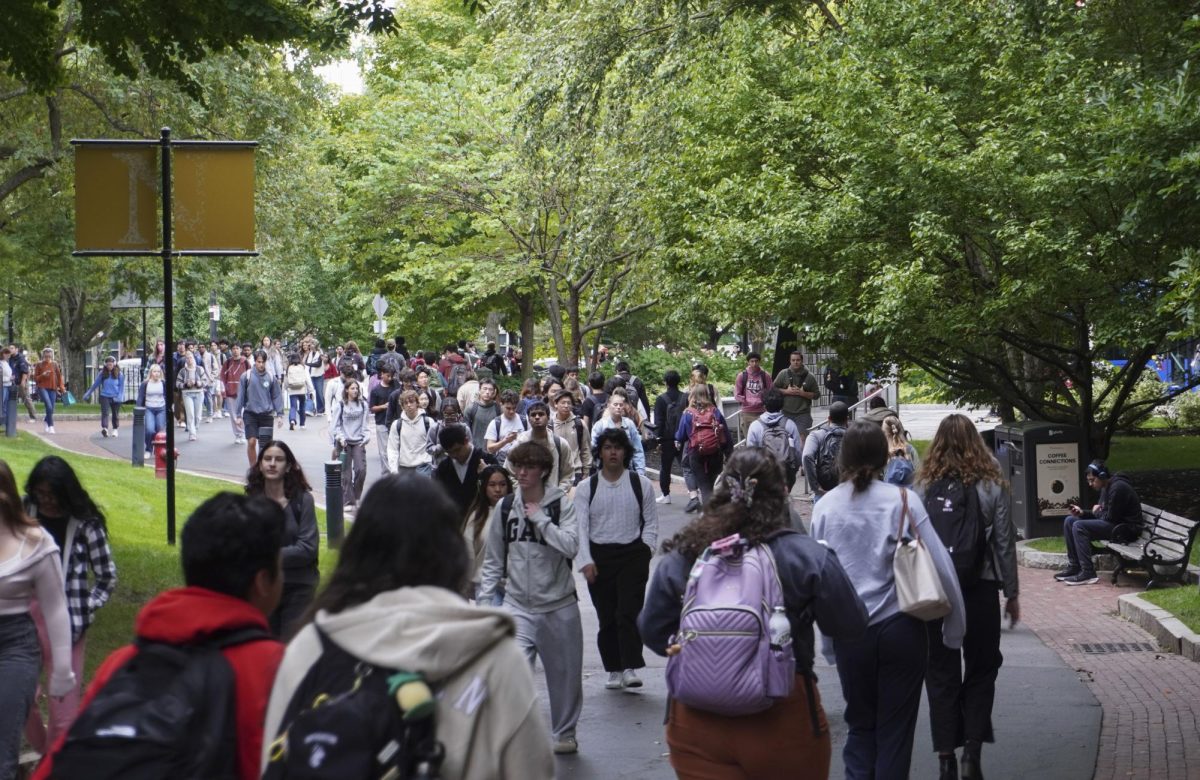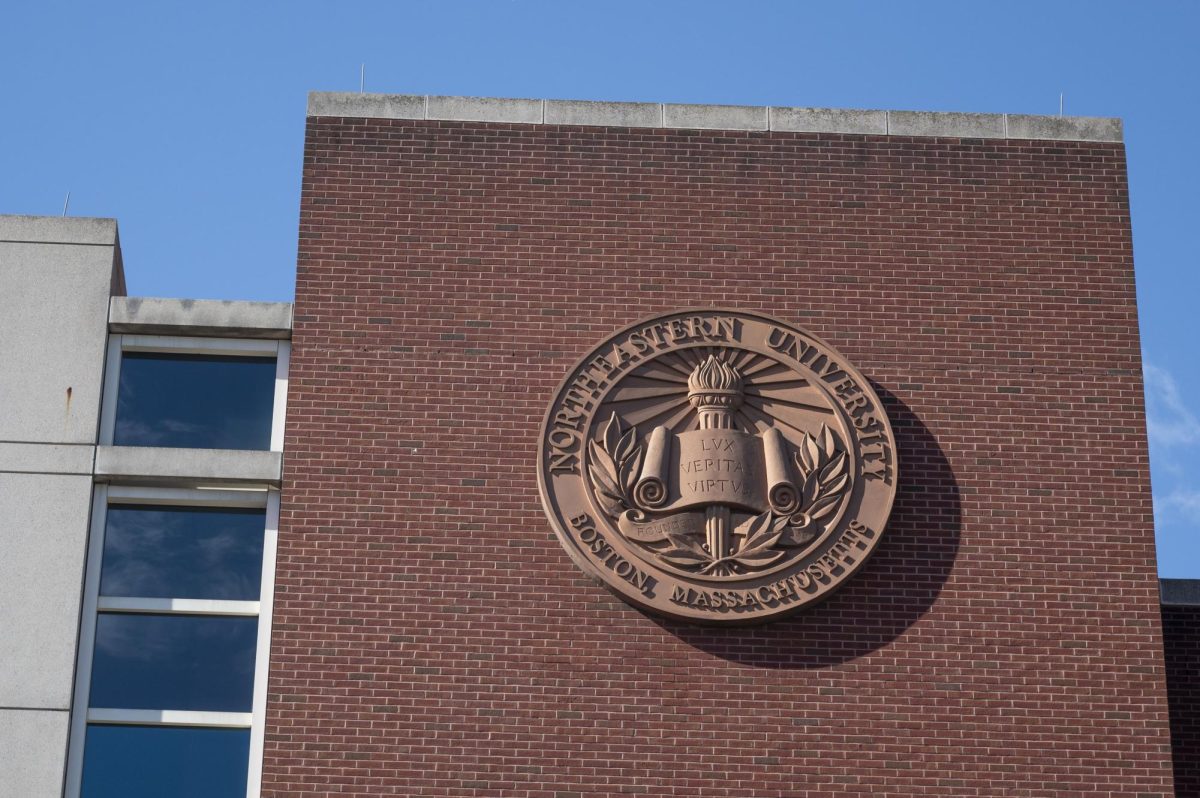After the Boston Zoning Commission (BZC) passed the new housing ordinance that will limit all off-campus housing to four undergraduate students per lease, students who have already signed leases with more than four people are left wondering what will happen to them in the fall.
Northeastern administrators are not yet prepared to address that concern, they said.
After the Boston City Council and the Boston Redevelopment Authority (BRA) approved the proposal, the BZC unanimously passed the new proposal last Wednesday to limit off-campus housing. The new ordinance, which will become city policy once Mayor Thomas Menino approves it, relies more on the property management side than the university, said Jeff Doggett, director for government relations and community affairs. Northeastern was involved because the administration felt it was hazardous for all students of the city living in unsafe housing, which comes when people were overcrowded, he said.
“We know there are lots of students across the city who have signed leases with four people and have additional students living with them,” Doggett said. “That won’t be able to continue.”
Anytime a zoning change or law is implemented, an enforcement agency, which is the Boston Inspectional Services in this case, must figure out how they will enforce the change, Doggett said. As of now, Inspectional Services hasn’t decided how they will enforce the new change, he said.
Even if university administrators knew what the enforcement was going to be, besides educating students on possible outcomes, they can’t do much because the university isn’t involved in signing leases, Doggett said. There is no connection in that regard between the leases and the university, he said.
“I would recommend that students reach out to the property management firm and ask them what will happen,” Doggett said. “I can envision some owners will adjust their leases accordingly. Some units may get cheaper for the fall and some units may not be rented to students anymore. It is hard to know.”
Boston College officials have proposed an ordinance that would restrict its students from leasing one- or two-family homes in Brighton, according to local media reports.
Some students, like Jason Evanish, a senior electrical engineering major, think the occupancy limit is one of many affronts to student rights.
“The local community is definitely at war with students. Every local organization, whether it be on Mission Hill, the Symphony/Gainsborough area or otherwise, are trying to do anything they can to single out college students as the reason for all of their problems,” Evanish said. “This is just their latest move to try to make things more difficult for us.”
Moving students into an area can potentially make a place safer, Evanish said.
“Maybe there are a few loud parties, but there are less muggers and criminals,” he said. “Some students stay in areas like this after they graduate, which further helps the area as it brings money to an area and increases the educational level of the area’s inhabitants.”
Mitch Allen, a junior economics major, said the only option the university has is to build more on-campus housing, but feels community objection makes this an unrealistic goal.
“I feel the city is putting us in a catch-22 position to put more students on-campus, but they won’t let the university buy more land for [residence halls],” Allen said. “It’s a bit hypocritical.” The ordinance will disrupt the local economy because it is passed for a large density of students, Allen said. The businesses in the Northeastern area, especially around Mission Hill, are going to suffer because the amount of students will decrease, he said.
Despite the administration’s uncertainty of the outcomes of this new proposal, they will continue to work with students. “I can tell you that we are prepared to work with our students to provide off-campus living education,” said Robin DeVingo, assistant director for conference and housing services. Despite that assurance, many students said they lacked input in the debate.
“Short of Northeastern administratively defending us, which they won’t do because of their own delicate relations with the city, we can’t do anything. The vast majority of us are legal residents of another state simply living in the city as we attend college, which means we can’t vote in the local elections,” Evanish said. “Our best bet is for those that graduate and stay in the city to remember where they came from and help by voting in the elections to help students, and by getting involved in those organizations that are anti-student and show them how students can turn out to help an area.”










